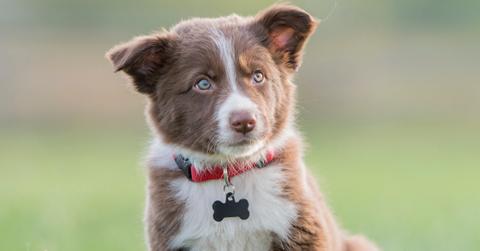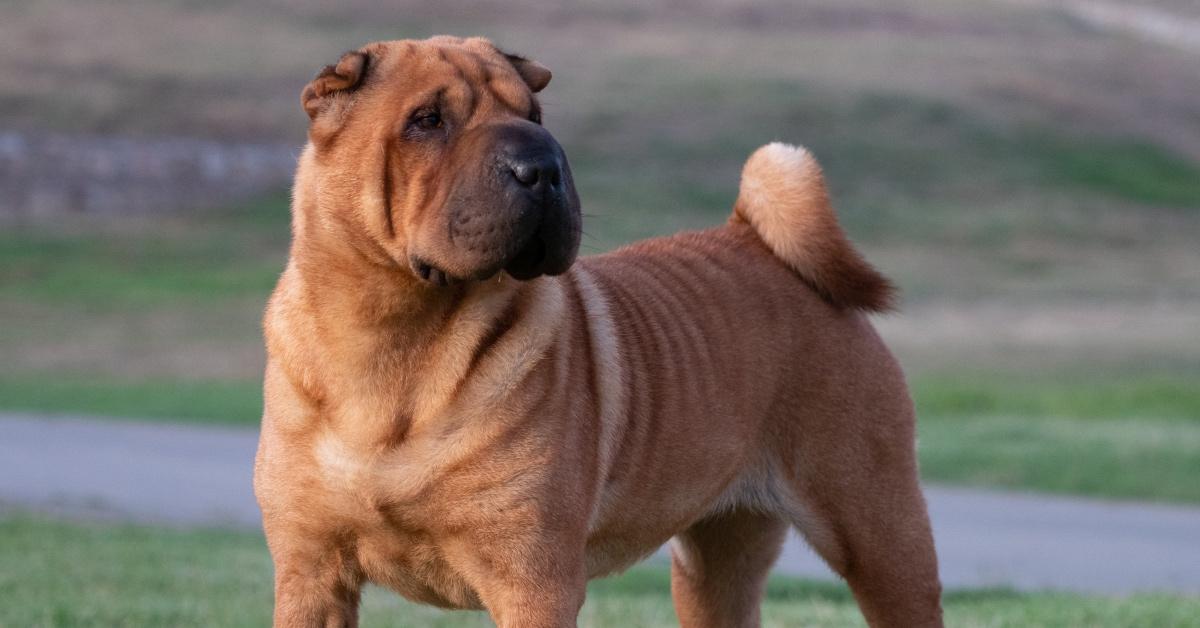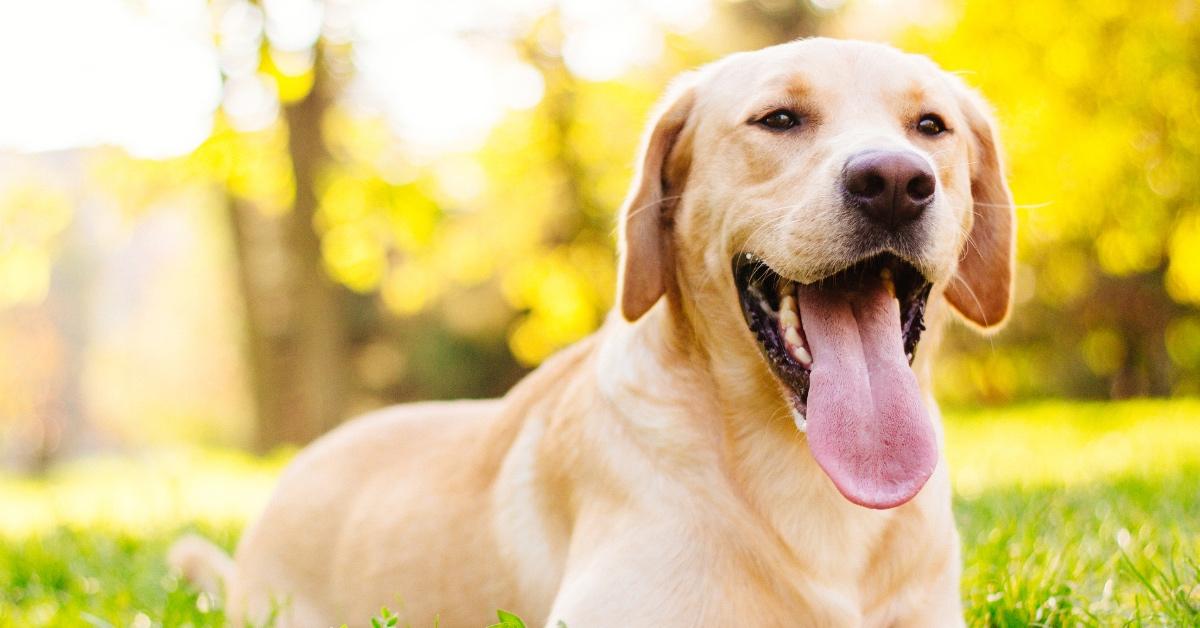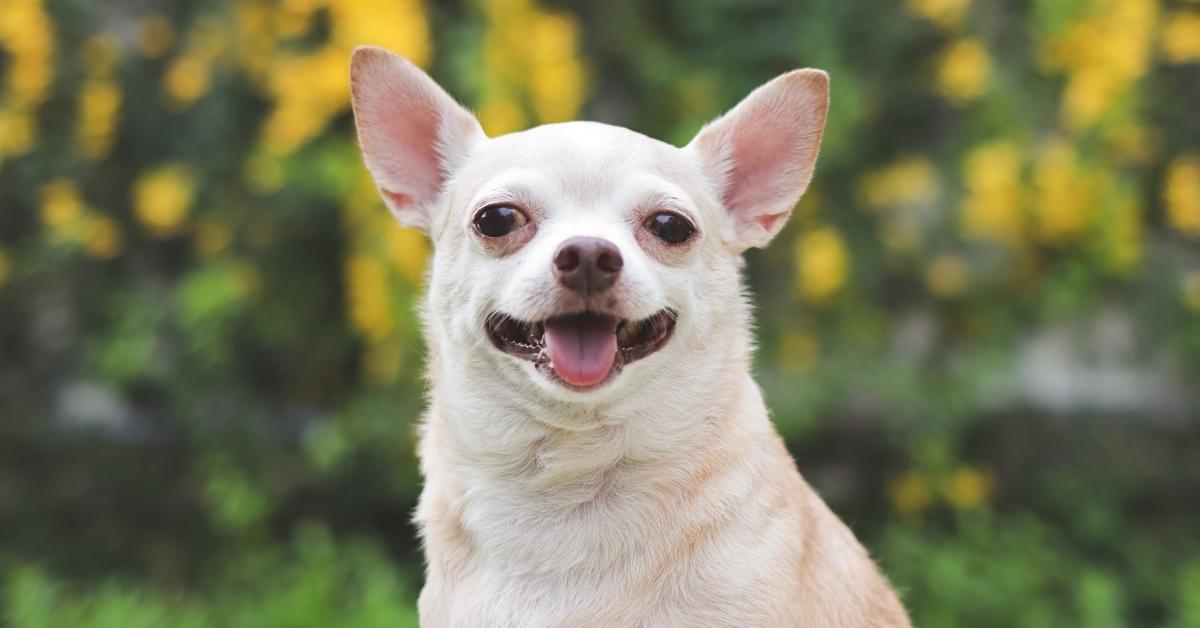A Dog DNA Company Tests Human Sample — and Tells Woman She Is a Dog
Do dog DNA tests actually work? One reporter's quest for the truth has put a pet DNA testing company in the doghouse.
Published March 14 2024, 1:13 p.m. ET

Especially for those who adopted a lovable pet from the local animal shelter, you might be curious to know your new furry friend's DNA makeup. While there are plenty of tests where you can send in your pup or cat's DNA to see their genetic roots, one reporter for WBZ News took things a step further.
To investigate the accuracy of pet DNA tests, the reporter, Christina Hager, sent samples of her DNA to pet genetic testing companies. While most companies sent back an inconclusive result, one company alerted Hager to surprising news — that she was, somehow, a canine!
Keep reading for everything you should know about this research experiment.

Pet testing company DNA My Dog identified human cheek swap DNA as Malamute, Shar-pei, and Labrador.
In 2024, reporter Christina Hager of the WBZ News investigative team ("I-Team") swabbed her cheek and sent her DNA to three pet genetic testing companies to check their accuracy, per CBS News. This marked the second time the I-Team performed this experiment.
While the first two companies, Orivet and Wisdom Panel, stated she didn't provide enough DNA for a proper sample, the third company, DNA My Dog, suggested that Hager was "40% Alaskan Malamute, 35% Shar-Pei, and 25% Labrador."
According to Zion Market Research, the global dog DNA test market is estimated to reach $723 million by 2030. The main reason why this concept is so popular, per Cornell University's Richard P. Riney Canine Health Center, is because genetic testing can provide ways to identify, prevent, and treat canine health issues.

In 2023, the I-Team decided to determine the accuracy of pet DNA tests after New Hampshire resident Michelle Leininger adopted a new dog.
Leininger first sent a sample from her dog Jasmine to three companies, which confirmed not only that Jasmine was a German Shepherd but also fourteen other breeds, including Chihuahua.
Then, Leininger and the I-Team sent a sample of Leininger's DNA to the same three companies, including DNA My Dog. The company told Leininger that she was 40 percent Border Collie. "Some people might agree," she said. Leininger noted this would be the last time she spent money on pet genetic testing. "I wouldn't waste the money."
DNA My Dog Service Director Jessica Barnett responded at the time, "The second sample did in fact yield canine DNA...The results provided would not be possible on a human sample."

The current top brands of pet genetic testing include DNA My Dog, Orivet, Wisdom Panel, and Basepaws. According to Lemonade Insurance, most genetic testing companies for pets claim 90 percent accuracy, but many factors can influence your furry friend's results, including the methodologies used and the complexity of the breed.
Pet genetic testing can also be expensive, with tests ranging from $70 to $200, according to Embrace Pet Insurance. If you're concerned about a potential health issue that may affect your beloved canine or feline, contact your veterinarian to see if genetic testing is the most effective way to identify those issues.